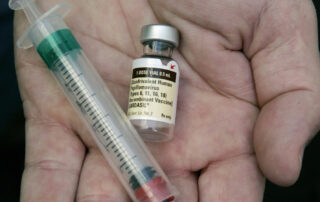E-cigarettes found to cause change in mouth bacteria – which could lead to gum disease or oral cancer
Source: theconversation.com Author: Beth Daley E-cigarettes are a popular alternative to smoking, but we still know very little about the effects of them on our health. While numerous studies have explored the effect of e-cigarettes on our lungs, heart, and overall health, one important and often overlooked consideration is what effect they have on our microbiome. But a recent study has found e-cigarettes change the bacteria in our mouths. These bacterial changes can lead to disease, if left unchecked. Our microbiome is the living community of bacteria, fungi, and viruses that keep us healthy. We often hear a lot about our gut microbiome, but our oral microbiome is probably just as important to our overall health. It’s the second and most diverse microbiota next to the gut, home to over 1,000 species of microbes. It’s the gateway to the rest of our digestive system and plays a key role in helping us break down foods. Our oral microbiome also wards off potentially harmful microbes by preventing them from reproducing. A healthy oral microbiome reduces the chances of developing infections or disease. A recent study in Science Advances(1) investigating the effect of e-cigarettes on our oral microbiome found that e-cigarettes have a negative impact on the diversity of the bacteria present. They also cause an immune response from cells, which can lead to long-term damage to the surrounding cells. Our oral microbes are not only the first to experience e-cigarette vapour, they’re also exposed to higher concentrations of the chemicals. This [...]

